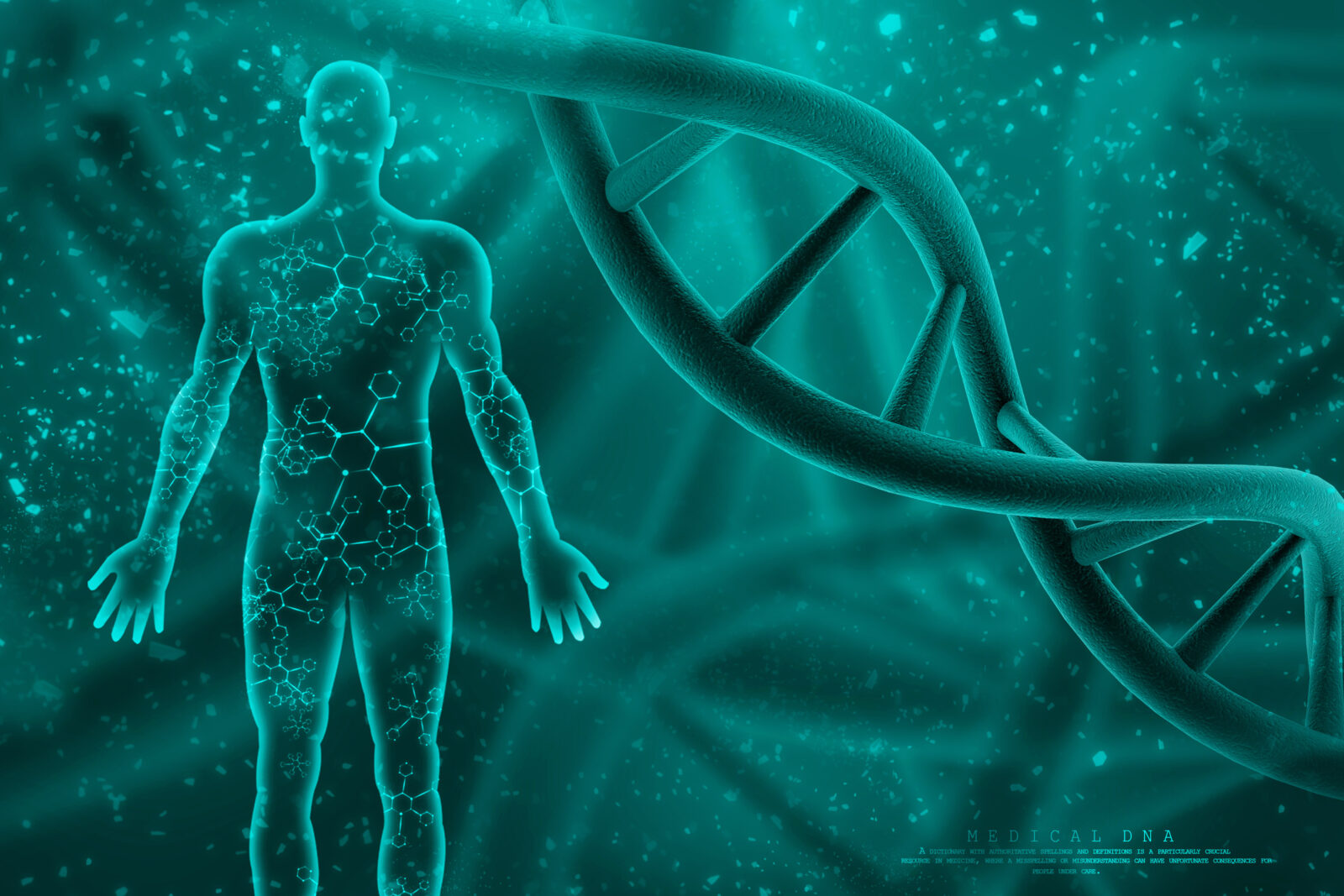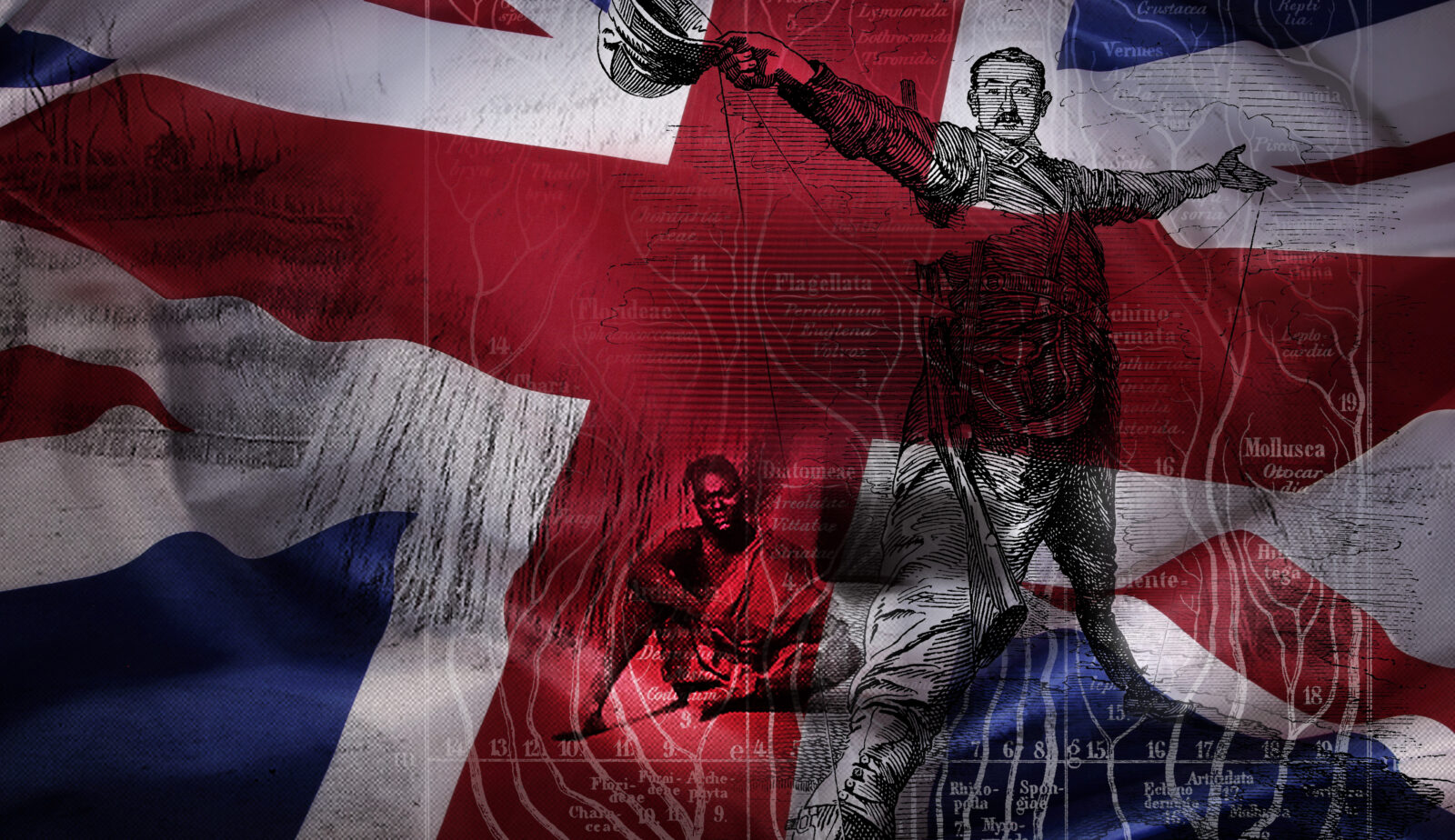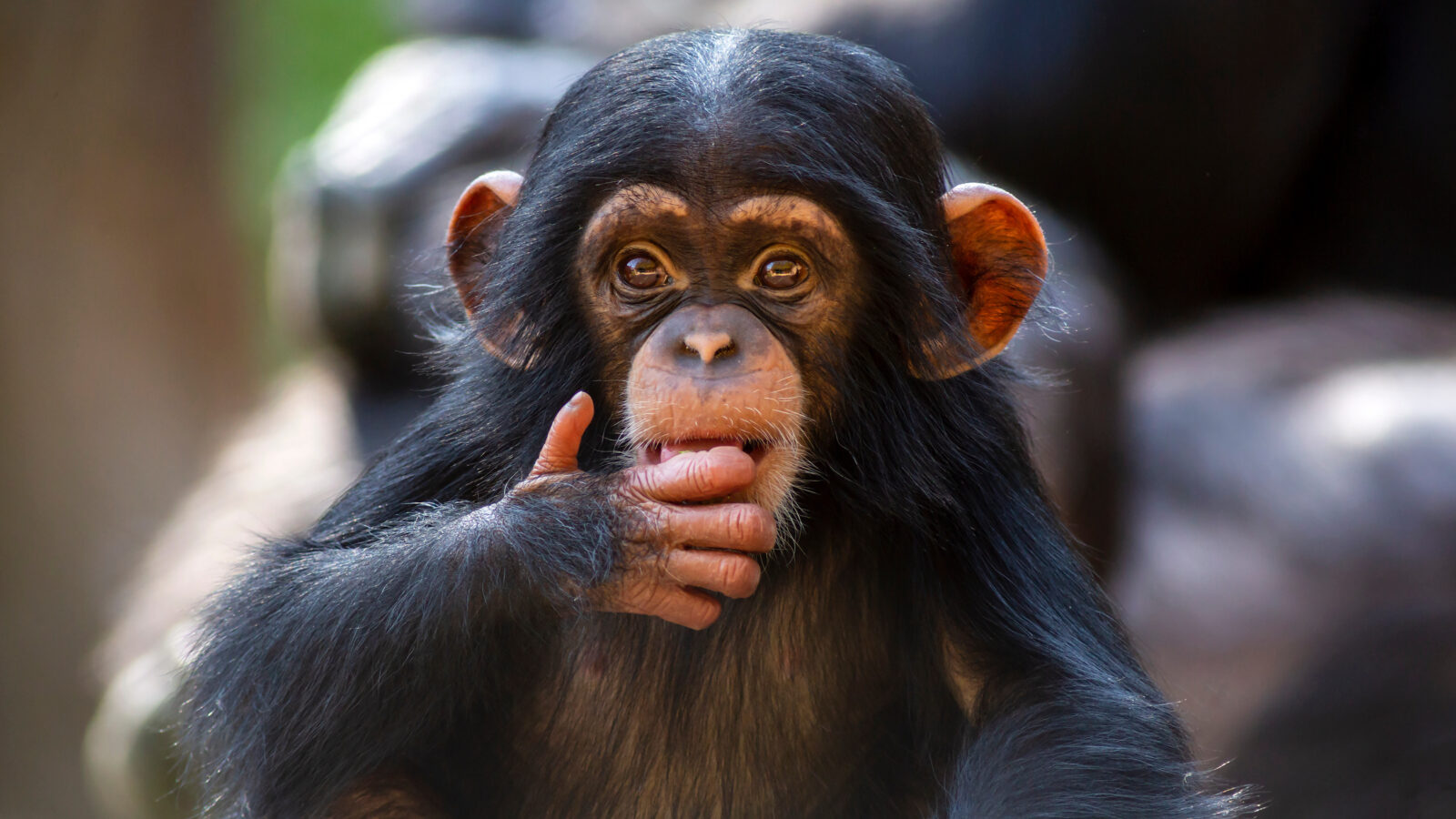


A Guide to Understanding Contemporary Models of Human Origins

David Berlinski on Chickens, Eggs, Human Exceptionalism, and a Revolution

How Faith Can Improve Rigor and Creativity in Scientific Research

Robert Shedinger: Darwin’s Sacred Cause is “Historical Fiction”
On today’s ID the Future, science-and-religion scholar Robert Shedinger makes the case that a well-known biography of Charles Darwin, Darwin’s Sacred Cause, is deeply misleading. Specifically, the book by Adrian Desmond and James Moore holds that Darwin was significantly motivated in his scientific work by abolitionist sentiments; and Shedinger says, not so fast. He had spent considerable time reading Darwin’s correspondence and had seen no evidence of this thesis, so he reread Darwin’s Sacred Cause, this time tracking down all the key citations the book offered as evidence, and a pattern soon emerged. The sources the authors cite didn’t actually support their thesis. Some were totally irrelevant. Some were cited completely out of context. In other cases, the authors gave the impression that Darwin said something when the comment they attributed to him was stitched together from multiple correspondences and the constituent comments were often about something else altogether. Shedinger says he realized that this biography that looked to be so well documented amounted to “historical fiction.” The effect of the biography is to misrepresent Darwin in such a way as to make those who reject Darwinism appear to be opposing a saintly anti-abolitionist. While Darwin did have anti-slavery sentiments, it didn’t drive his science and he himself was anything but free from racism. In fact, his case for human evolution partly rested on deeply demeaning racist attitudes toward indigenous peoples. For more on this, see historian Richard Weikart’s book Darwinian Racism. Also in this episode, Shedinger tells host Michael Keas about how he went from a scholar fully persuaded of Darwinian theory to a skeptic of modern evolutionary theory and attracted to the theory of intelligent design. Shedinger lays out his case against Darwinism in his recent book The Mystery of Evolutionary Mechanisms.

When Darwinian Racism Came to Africa, and the West
Today’s ID the Future features another reading from scholar Olufemi Oluniyi’s new book, Darwin Comes to Africa. In this excerpt we learn how Darwin himself laid much of the groundwork for social Darwinist ideas, primarily in his book The Descent of Man, and how those ideas were energetically developed in the ensuing decades by various mainstream scientists. Oluniyi further details how their work fueled pseudo-scientific racism against black Africans and other indigenous peoples outside the West. To learn more about this neglected corner of modern Western history, and for the good news that the flow of evidence has turned against Darwinism and, with it, social Darwinist principles, pick up Oluniyi’s book here.

Casey Luskin Debunks One Museum’s Evolutionary Propaganda
On today’s ID the Future, geologist Casey Luskin continues to unpack his recently published essay against the view that humans evolved from ape-like ancestors via blind Darwinian processes. In this episode he shares his experience of walking into the fossil hall at South Africa’s famous Maropeng Museum and immediately being confronted by a piece of shameless materialist propaganda, a Richard Dawkins quotation prominently displayed as part of a floor-to-ceiling display. The quotation insisted that humans are essentially just DNA survival machines. Luskin says, not so fast, and points out the various ways such a view fails to explain important aspects of human behavior, including altruistic behavior toward non-kin. Luskin and host Eric Anderson also call evolutionary theory to task for being overly supple, with its adherents regularly employing vague just-so stories to explain virtually any behavior or feature AND its opposite. To read Luskin’s essay on the subject, get the new free online ID book from South Africa, Science and Faith in Dialogue, with contributions from Luskin, Stephen Meyer, Hugh Ross, Guillermo Gonzalez, James Tour, Fazale Rana, Marcos Eberlin, and others. Find Part 1 in this Anderson/Luskin podcast series here, and Part 2 here.

When Darwinism Came to Africa, Horrors Ensued
On today’s ID the Future, hear a Nigerian voice-actor reading from the opening pages of Nigerian scholar Olufemi Oluniyi’s new book, Darwin Comes to Africa. In this section from the preface, Oluniyi explores the relationship of Darwinism to Social Darwinism, and some of the ways Social Darwinism fueled and justified horrific ideas and actions among European thinkers and colonizers. Oluniyi tells the story of Russian scientist Ilya Ivanovich Ivanov, who, guided by Social Darwinist thinking, “sought to produce a race of super-soldiers for Stalin’s army by impregnating French Guinea women with the sperm of a dead chimpanzee—black African women, mind you, who were presumed to be less highly evolved and thus closer to chimpanzees than were white European women.” As Oluniyi further notes, this scientist was far from a “lone gunman…. Colonial authorities approved the plan, and the Russian found support amongst both the French and American scientists.” As horrifying as this plan is, it and other horrors make sense under the false and twisted logic of social Darwinism, Oluniyi explains. Buy the eye-opening book here.

Chimp and Human Genomes: An Evolution Myth Unravels
On today’s ID the Future, Casey Luskin rebuts the oft-repeated claim that the human and chimp genomes are 98-99% similar and therefore surely resulted from Darwinian common descent. Luskin cites an article in the journal Science which describes the 98-99% claim as a myth. The original figure was derived from a single protein-to-protein comparison, but once you compare the entire genomes, and use more rigorous methods, the similarity drops several percentage points, and on one account, down into the mid-80s. Additionally, the chimp genomes used in the original comparison studies borrowed the human genome for scaffolding, thus artificially boosting the degree of similarity. What about supposed junk DNA similarities between human and chimp? Why would an intelligent designer put the same useless “pseudogene” in both the original chimp population and original human population? Surely a better explanation, the evolutionists argue, is Darwinian common ancestry. The problem with that argument, according to Luskin, is that pseudogenes are turning out to have functions. In other words, they aren’t, as evolutionists had assumed, just so much junk DNA. One example: evolution advocates Kenneth Miller and Eugenie Scott cited the beta-globin pseudogene as knockdown evidence of common descent between humans and apes. But the beta-globin pseudogene, it turns out, is essential for producing red blood cells. This means that finding this gene in both apes and humans is no more indicative of mindless common descent than finding wheels on both cars and airplanes. An intelligent designer would be expected to use the successful design element in both cases. Luskin provides still other lines of evidence undercutting the DNA-similarity argument for chimp-human common ancestry. Tune in to hear it all. And to read Luskin’s latest work on the subject, get the new free online ID book from South Africa, Science and Faith in Dialogue, with contributions from Luskin, Stephen Meyer, Hugh Ross, Guillermo Gonzalez, James Tour, Fazale Rana, Marcos Eberlin, and others.

New South Africa Book Explores Evidence of Design
Today’s ID the Future spotlights a new free online ID book from South Africa, Science and Faith in Dialogue, with contributions from Stephen Meyer, Hugh Ross, Guillermo Gonzalez, James Tour, Fazale Rana, Marcos Eberlin, and others. Geologist Casey Luskin joins host Eric Anderson to tell how the new peer-reviewed book came together and to describe the chapter he contributed, “Evolutionary Models of Palaeoanthropology, Genetics, and Psychology Fail to Account for Human Origins: A Review.” Luskin did his PhD in South Africa and had many opportunities to study various hominid fossils. Here he explains why he is convinced that intelligent design far better explains the fossil evidence than does Darwinian evolution.